Once again, Revive MD really lives up to its name. The health supplement brand is founded by a licensed physician named Domenic Iacovone and elite bodybuilding coach/trainer Matt Jansen, and they've consistently put out top-notch formulas backed by hard science on the cutting edge of research.
Revive MD Cortisol Support: Control Your Stress Hormone
Revive MD's bread and butter is health and wellness supplements. And when it comes to maximizing lifespan and healthspan, there's perhaps no single aspect of health more important for a modern person than keeping cortisol under control. Cortisol is a stress hormone that your body produces in response to mental or physical stress, and if cortisol levels are chronically elevated, it can lead to a chronic stress syndrome that contributes to cardiovascular disease, obesity, and hypertension.[1]
Since the modern world is – let's face it – stressful, many of us could probably benefit from taking something to keep cortisol in check. And to help us with that, Revive MD has released Cortisol Support, a product clearly designed with all the thoughtfulness and rigor we've come to expect from this brand.
Let's get into how it works, but first, check PricePlow's availability and sign up for our Revive MD news and deals:
Revive MD Cortisol Support – Deals and Price Drop Alerts
Get Price Alerts
No spam, no scams.
Disclosure: PricePlow relies on pricing from stores with which we have a business relationship. We work hard to keep pricing current, but you may find a better offer.
Posts are sponsored in part by the retailers and/or brands listed on this page.
This area is reserved for Team PricePlow's upcoming videos.
Subscribe to our channel and sign up for notifications so you catch it when it goes live!
Revive MD Cortisol Support Ingredients
In a single 3 capsule serving of Cortisol Support, you get the following:
-
Phosphatidylserine 50% – 600 mg
Phosphatidylserine (PS) is a phospholipid that your body needs to create the myelin sheaths that electrically insulate your nerves. If your body can't make myelin for whatever reason, then electrical signals can't be efficiently transmitted by your nervous system, and consequences like neurodegeneration can be the result.[2]
Peer-reviewed research consistently finds an inverse correlation between phosphatidylserine intake and neurological or psychiatric illness.[3-6]
The reason it's headlining Revive MD Cortisol Support, though, is that high-dose phosphatidylserine supplementation can increase one's resilience to stress while decreasing the severity of anxiety.[7] High-dose PS can decrease cortisol production,[8] which is why it's headlining the Revive's Cortisol Support formula with an impressive 600 milligrams per serving.
Ordinarily, the body increases cortisol production in response to exercise, and PS supplementation has been shown to blunt this rise in cortisol to such an extent that it actually improves athletic performance.[9,10] At least one of these studies used the same dose we have in Cortisol Support – 600 mg/day![10]
Off to a good start - what's next?
-
Rhodiola rosea [Root] Extract (Std. to Contain 1% salidroside, 3% rosavins) – 400 mg
Rhodiola rosea is a perennial flowering herb used for thousands of years in traditional medicine systems, which have held it in high esteem for its putative ability to improve mood, energy, and even lifespan.[11] One mechanism behind this is Rhodiola's ability to upregulate autophagy,[12] the body's mechanism for cellular self-renewal and recycling.
An adaptogenic nootropic...
Studies consistently find that taking Rhodiola can facilitate long-term potentiation, the brain's process for converting short-term memories into long-term ones.[13] It can also increase catecholamine neurotransmitter production,[14-17] and help your brain metabolize amine neurotransmitters more efficiently.[14-17]
In other words, Rhodiola is not only an adaptogen, but a bit of a nootropic as well – and if the reason you're feeling stressed out is that you're under pressure to learn or memorize something, Rhodiola may be able to help you with that.
...that improves performance in stressed students
In one randomized controlled trial, researchers found that Rhodiola supplements, when given for 20 days to stressed-out college students who were in the midst of preparation for their final exams, improved the students' cognitive performance and self-reported sense of well-being.[18] This result was replicated by another study of the same design, except that in the second study, the effects were seen after just one dose of Rhodiola.[19]
This is one of our favorite adaptogens, if not the favorite, and while we love the energetic nootropic potential of the salidroside inside, the anti-stress component from rosavins is why you're seeing a 3% standardization of that in Revive MD's Cortisol Support -- well done!
-
Magnolia officinalis [Bark] Extract – 300 mg
Magnolia bark extract is sourced from Magnolia officinalis, also known by the name hou po magnolia in its native region of eastern Asia.[20] It's long been used by traditional Chinese medicine to manage the symptoms of anxiety, depression, gastrointestinal distress, allergies, muscle pain, headaches, and fever.[20]
Modern scientific analysis has shown that magnolia bark is, in fact, a rich source of two powerful lignans – magnolol and honokiol – that have anti-inflammatory, antioxidant, antibiotic, anticancer, antimicrobial, and neuroprotective properties.[20]
Supplementation with magnolia bark extract can downregulate cortisol, thereby mitigating the severity of stress, anxiety, and mood disorders.[20-23]
Inhibiting the conversion of cortisone to cortisol
HSD-11β is responsible for the final conversion step of the cortisol synthesis pathway. By inhibiting this enzyme, we can decrease cortisol production.[24]
Magnolia bark's mechanism of action appears to be inhibition of an enzyme called 11β-Hydroxysteroid dehydrogenase (HSD-11β), which is responsible for converting the inactive corticosteroid cortisone into the active stress hormone cortisol.[21]
-
L-Theanine – 200 mg
Theanine is an amino acid with GABAergic properties. This means that in the brain, theanine behaves like the neurotransmitter GABA,[25] which has an inhibitory, anti-excitatory effect on neurons.[26-28]
What this means subjectively is a noticeable anti-anxiety, pro-relaxation effect. However, theanine is not a sedative – it helps you relax without making you drowsy.[29]
Decreases in salivary cortisol at 200mg
In recent research, 200 milligrams per day of theanine was shown in a 2021 study to decrease salivary cortisol in subjects who had recently taken a stressful test,[30] and a 2019 research review found that 200 mg/day theanine improved participants' scores on inventories designed to quantify anxiety, depression, and sleep quality.[31]
Using caffeine? Embrace the synergy
Theanine is famous in the biohacker community as an excellent complement for caffeine. The combination of these two supplements is widely regarded as an effective, safe, and dirt-cheap nootropic stack, thanks to a 2008 randomized controlled trial in which caffeine+theanine together caused greater improvements in cognitive performance than either one alone.[27]
The precise mechanism behind the synergy is not fully understood,[32] but appears to involve theanine reversing a caffeine-induced cerebral vasoconstriction effect.[33]
When it comes to promoting sleep, which is definitely an important aspect of controlling cortisol, theanine has shown great promise.[29,34] Again, because it upregulates GABA,[35] theanine can help promote the onset of sleep by reducing resting heart rate.[35]
-
Magnesium (as Magnesium Bisglycinate Chelate) – 42 mg (10% DV)
Magnesium is crucial for a huge array of metabolic processes. Magnesium deficiency causes dysregulation of your brain's hypothalamic-pituitary axis, which is involved in the synthesis of stress hormones, including cortisol and adrenaline.[36] In fact, HPA dysregulation is a significant risk factor for insomnia.[37] is associated with the chronic stress syndrome and anxiety disorders,[38-40]
Be sure to check out Revive's other vitamin and mineral products, like their Magnesium+ which features 2 forms of magnesium.
The 42 milligrams here isn't a huge dose, but every little bit helps, especially because the relationship between hypercortisolism and magnesium deficiency is bidirectional – low magnesium causes high cortisol, and high cortisol also causes low magnesium,[41] as stress causes your body to eliminate magnesium at an accelerated rate.
This means that magnesium supplementation is often a very powerful tool for breaking the "vicious cycle" of chronic stress. Anecdotally, we've heard reports from tons of people that beginning a magnesium supplement immediately and profoundly changed the way they felt for the better.
It's nice to see magnesium bisglycinate chelate used, since this form is far more bioavailable than cheaper alternatives like magnesium oxide.[42] The glycine inside will provide some benefits as well.
If you need more magnesium (and basically everyone does), Revive MD has two excellent options to consider:
- Revive MD Magnesium Glycinate
- Revive MD Magnesium+ (contains magnesium taurate)
Until then, we're excited to see the rest of the capsules filled with some of our favorite form of oral magnesium. It's not your daily dose, but we'll take any extra we can get our hands on, at this point.
Revive MD Cortisol Support vs. Revive MD Calm+
If you're impressed by this formula, like we are, then we have good news: This is actually one of two anti-stress formulas from Revive MD -- the other is Revive MD Calm+.
We haven't written a detailed article on Calm+, but if you're interested in some previous coverage on that formula, see our post on the Revive MD Starter Stack, which includes a brief summary of how it works.
While there is some overlap between the ingredients in these formulas – for example, theanine and magnesium are present in both – there are also some key differences.
So when do you use which one, and can they be stacked together? Let's get into the ideal use case for each, which can help you decide which one is best for your needs.
Cortisol Support – Preemptively Blunt The Adrenal Response
Cortisol Support is heavy on adaptogens, which are great for preemptively decreasing one's adrenal response to stress.
For example, one of the best placebo-controlled studies on Rhodiola tested its effects in stressed-out college students who initiated supplementation before preparing for final examinations. Compared to the placebo group, they exhibited significantly lower cortisol production throughout the study period.[18] The same dose-timing technique was used in a study on military cadets' response to mental stress, which arrived at similar conclusions.[19]
The Case For Calm+ – Not All "Stress" Is Hormonal
The emphasis in Calm+, however, is on neurotransmitters, and the replenishment of minerals typically depleted by stress. Based on our own experiences, we would recommend this formula for dealing with a stress response that has already been initiated, and also for helping recover from a stress response that has recently ended.
Cortisol stress vs. neurotransmitter stress – not synonymous
We also recommend Calm+ as a great adjunct to caffeine. Now, you're probably thinking that since caffeine increases cortisol, Cortisol Support would be just as good for this use case as Calm+. If you're a regular caffeine user, caffeine may not affect your cortisol levels at all. A small but compelling body of research going back to 1981 suggests that after as few as four days of continuous use, habitual caffeine users exhibit no difference in plasma catecholamines compared to non-users.[43] A study in animals even found that consistent caffeine administration can actually decrease cortisol production.[44]
On the other hand, we're not aware of any evidence of habituation to caffeine's glutaminergic (excitatory) effect on neurotransmitters, meaning that the GABAergic (inhibitory) focus of the Calm+ formula is probably useful even if you're a long-time coffee, tea, or energy drink addict.
Calm+ will be particularly useful in situations where you must learn under stress – preparing for final examinations is actually a great example of this.
When To Use Both
Since glucocorticoids have an excitatory effect on neurons,[45] any situation where you anticipate being under stress would also call for Calm+. However, if your budget for supplements is limited, we recommend starting with Cortisol Support, and then adding Calm+ when you can. Cortisol support seems particularly useful in cases where stress is primarily physical in nature.
In cases where learning is the primary focus of the stressful activity, we recommend opting for Calm+ first, and then adding Cortisol Support if possible.
Revive MD also posted some images, which are found above.
Conclusion: A Powerful Cortisol Control Supplement
As expected, bravo to Revive MD. This is how it's done.
Phosphatidylserine (PS) is an ingredient we do see occasionally, but rarely in this big of a dose. We're fans of this dose, as the research literature is quite clear that several hundred milligrams of PS are needed to achieve its most desirable effects.
Each major ingredient in this formula should downregulate cortisol by different, but complementary mechanisms, so we expect Revive MD Cortisol Support to work very well. If anything, some may find it too strong, and may end up using 2 capsules, which will save some money too.
Revive MD Cortisol Support – Deals and Price Drop Alerts
Get Price Alerts
No spam, no scams.
Disclosure: PricePlow relies on pricing from stores with which we have a business relationship. We work hard to keep pricing current, but you may find a better offer.
Posts are sponsored in part by the retailers and/or brands listed on this page.
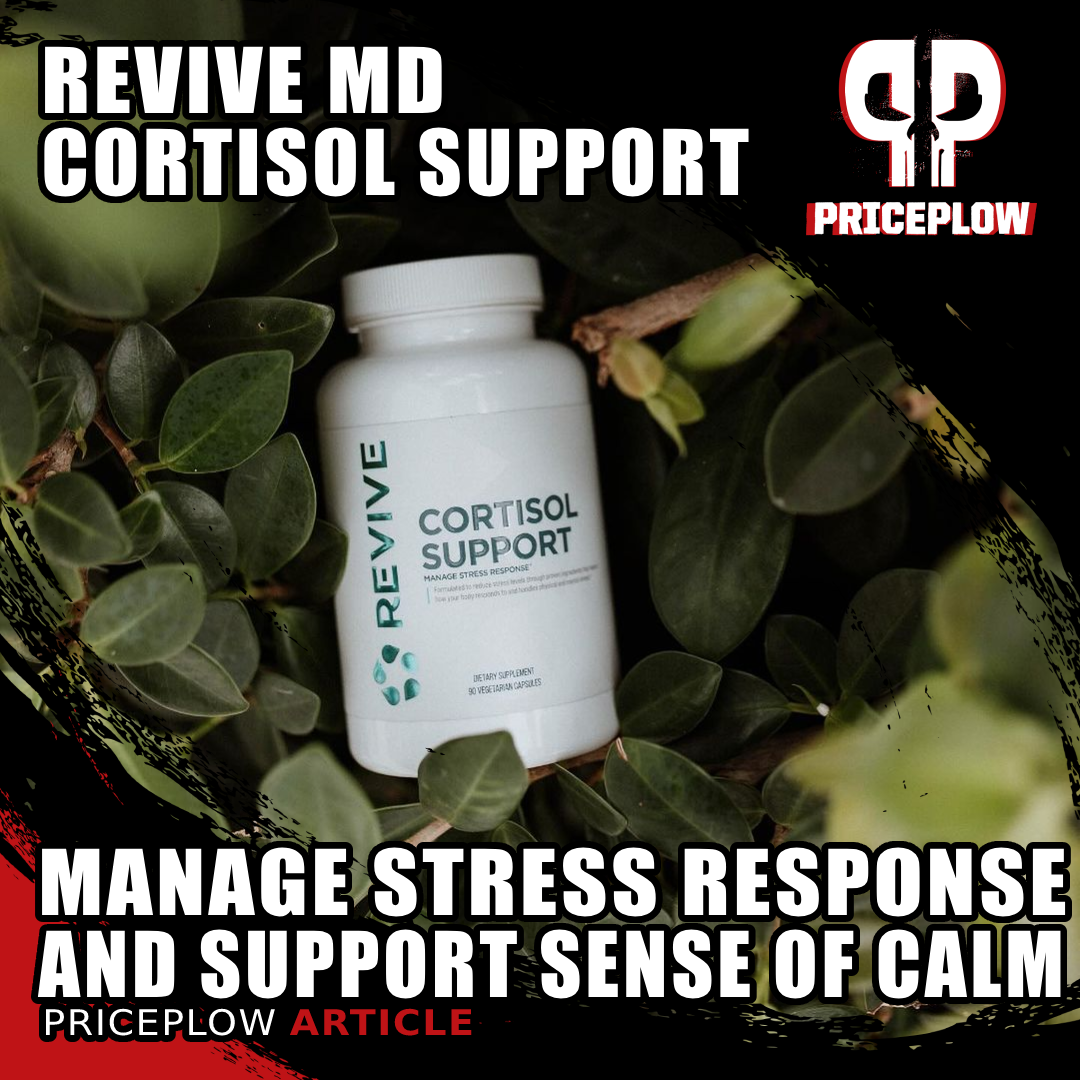
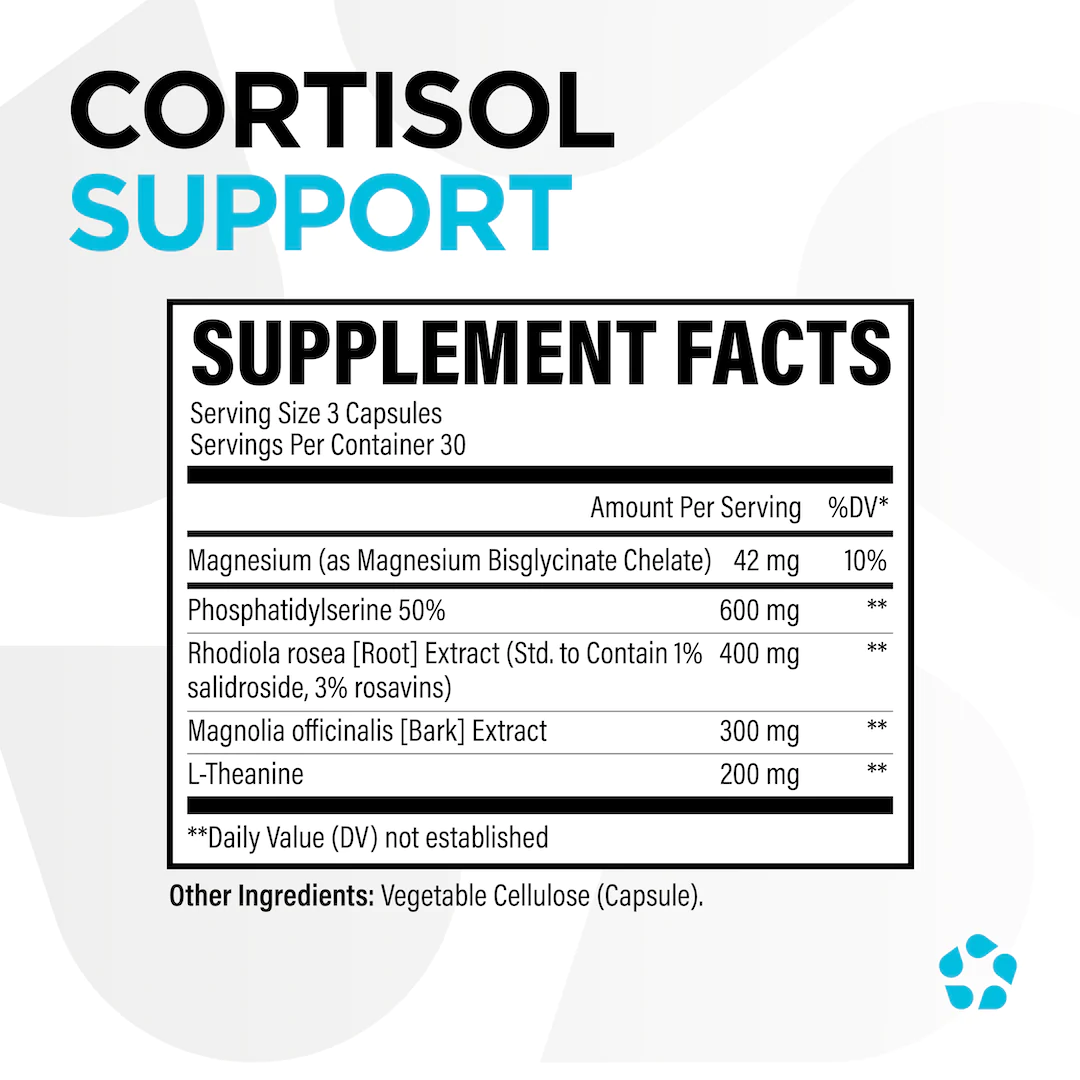
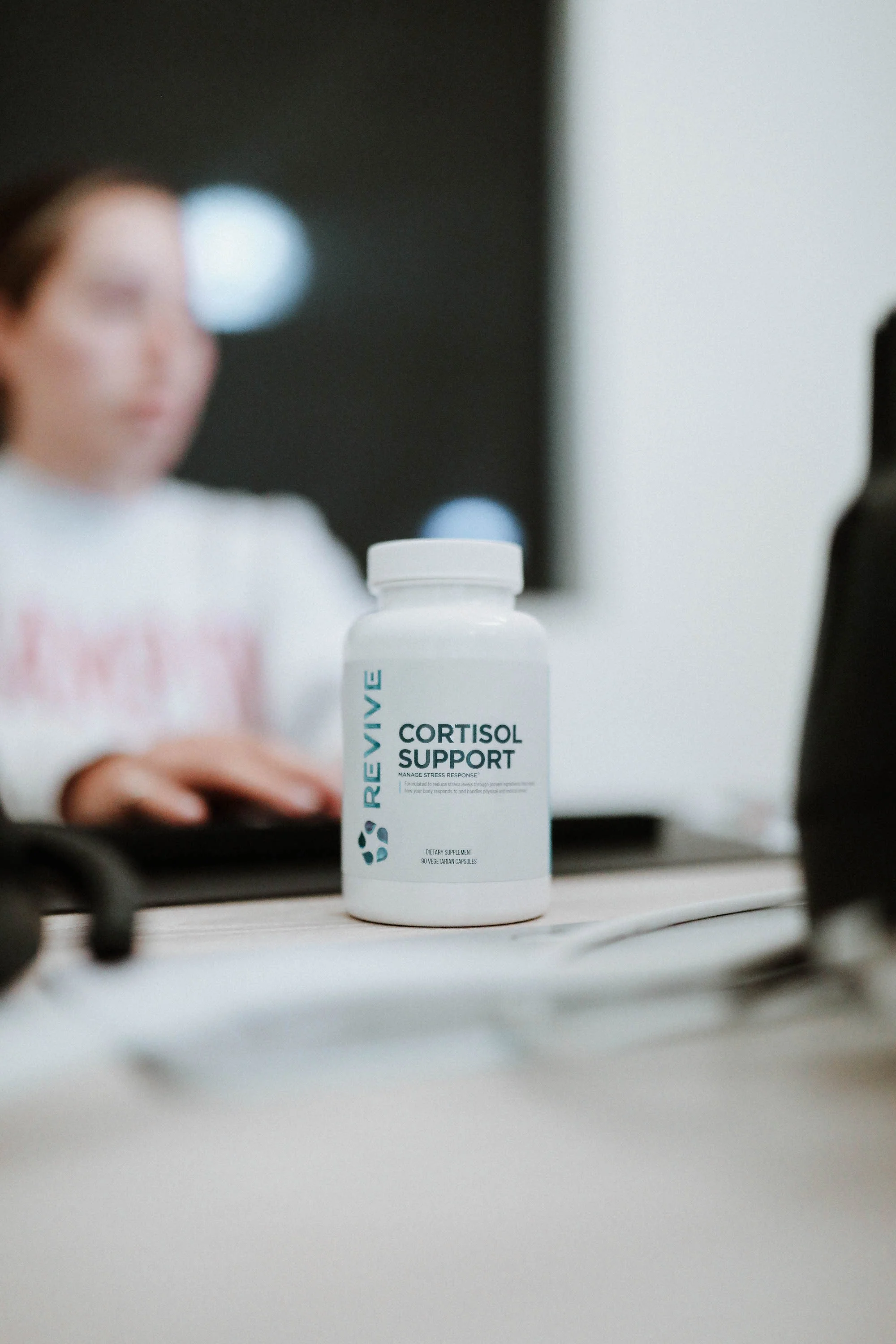
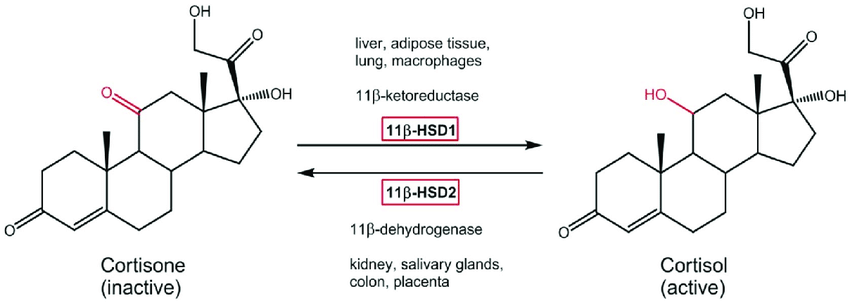
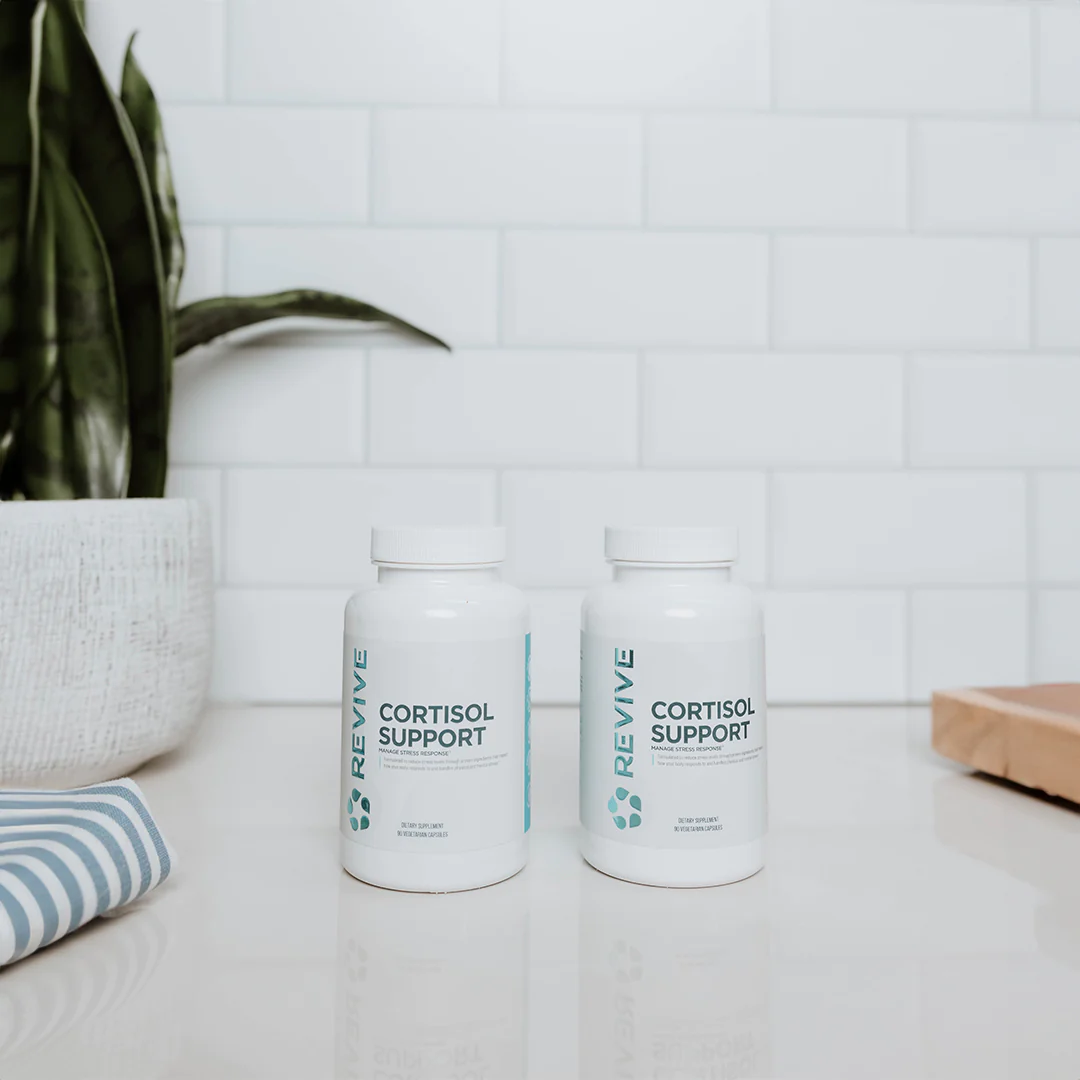
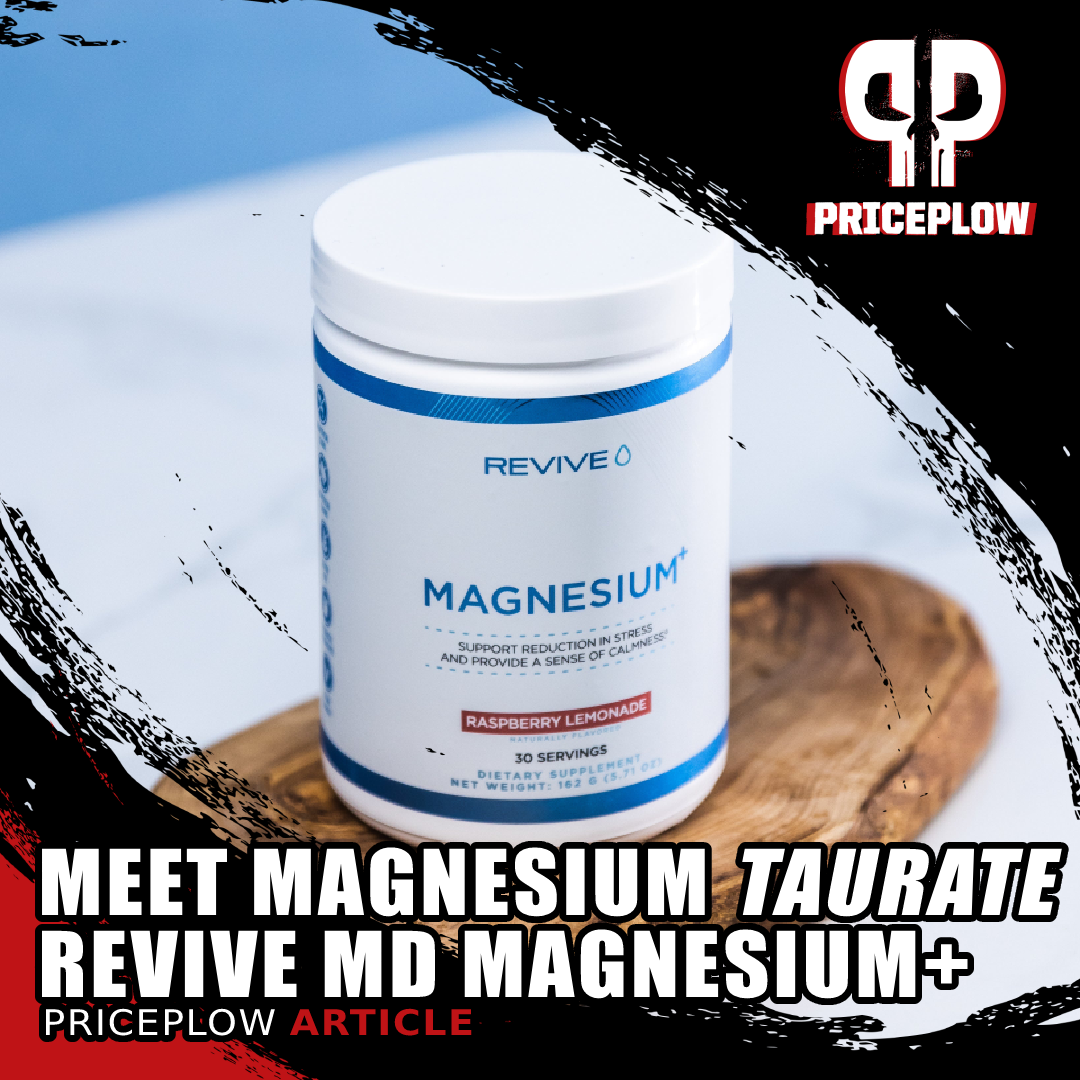
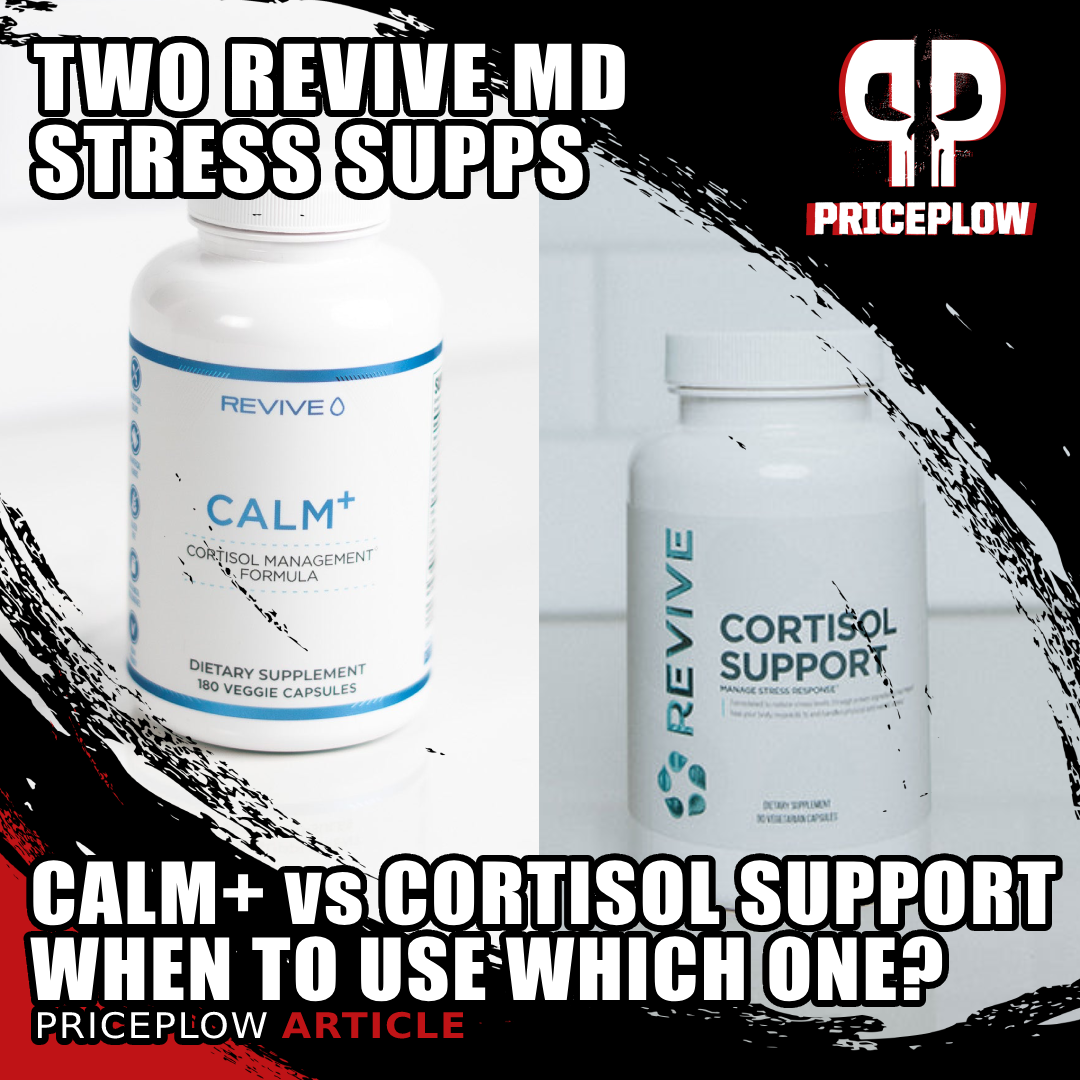
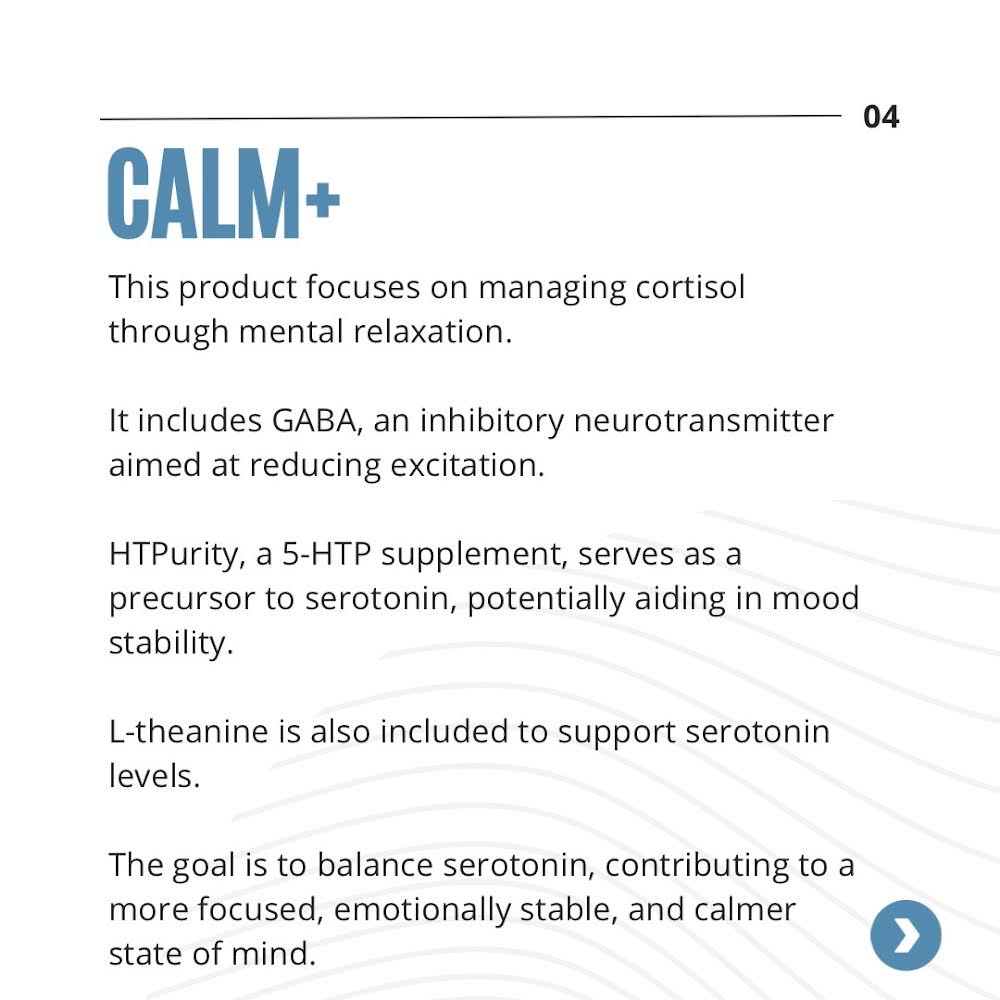
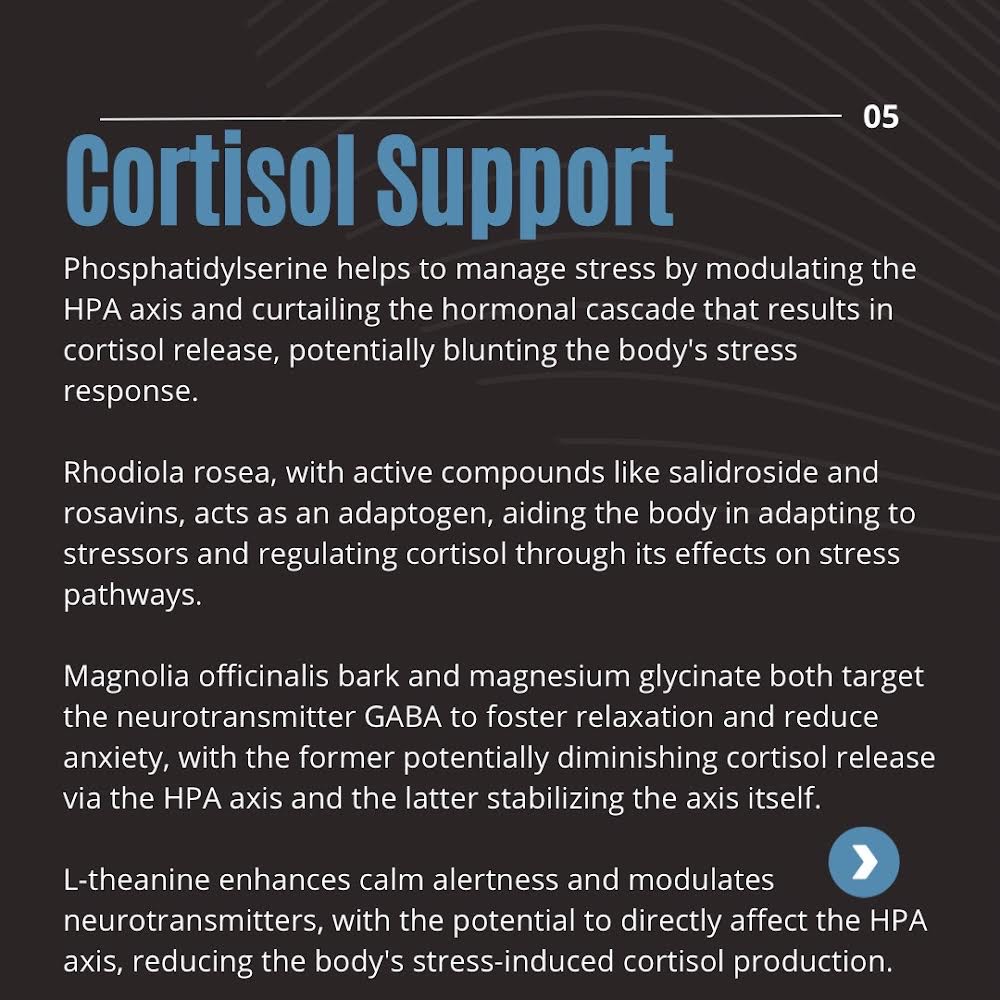
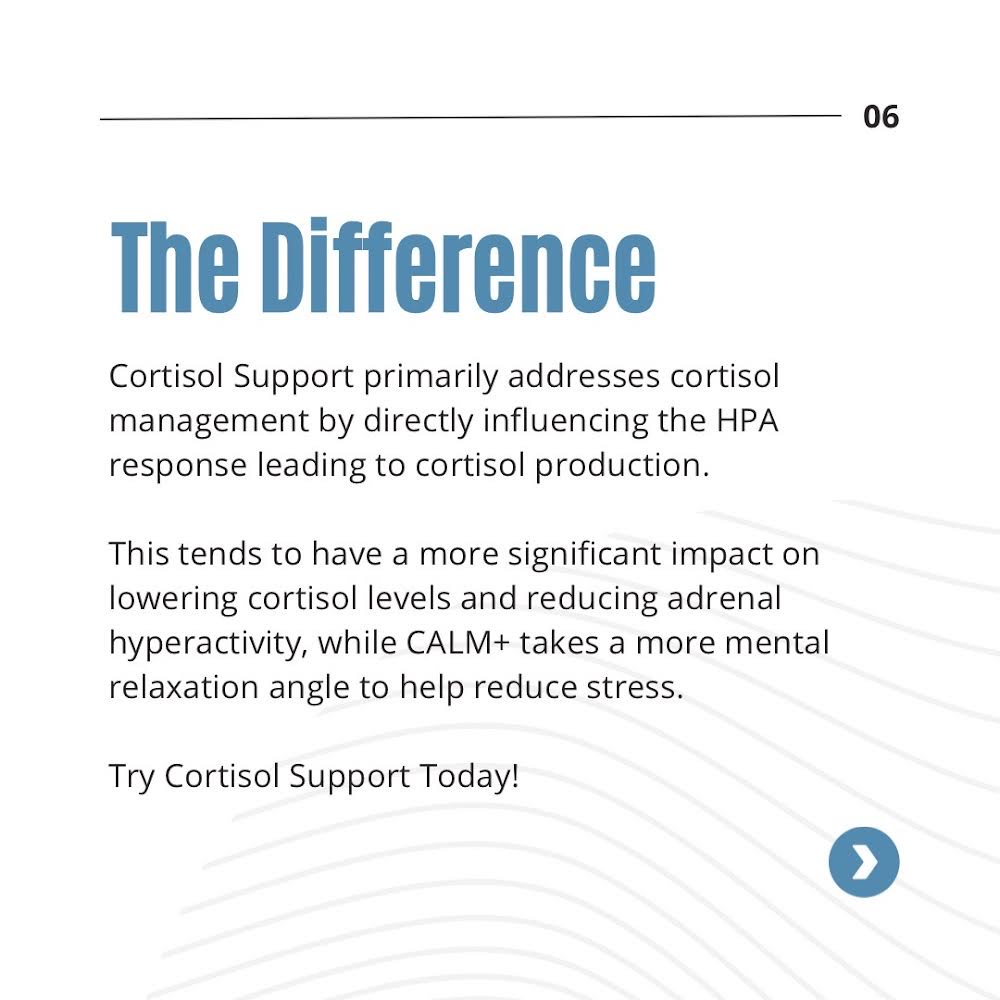


Comments and Discussion (Powered by the PricePlow Forum)